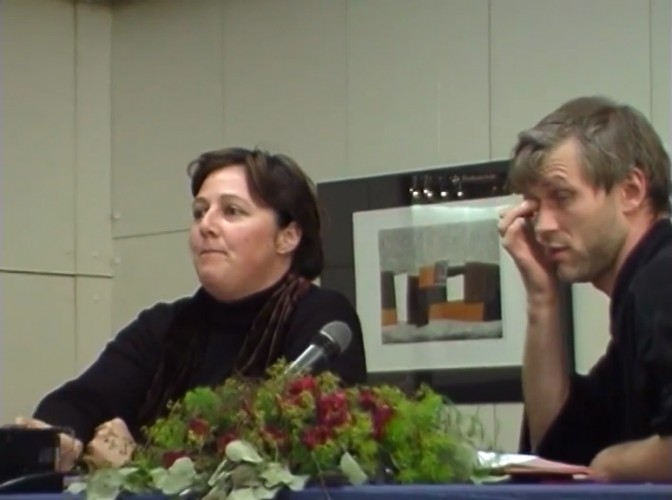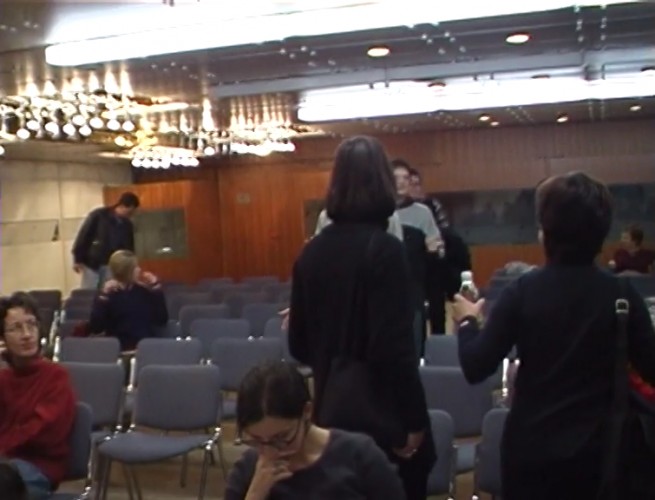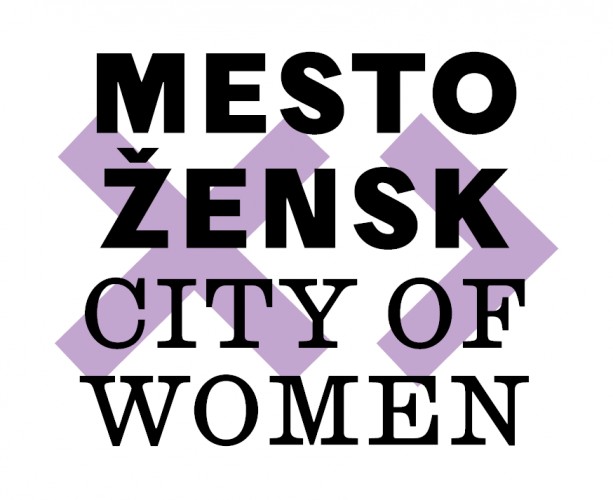Nomadism’ is anotion borrowed from the French philosophers Gilles Deleuze and Félix Guattari (whose work, with that of feminist philosopher Luce Irigaray, had an enormous influence on Braidotti’s thinking). It denotes a state of continued in-between-ness. The notion is part of Deleuze and Guattari’s revolt against the rounded, psychologized, patriarchal subject that continues to dominate Western culture. The nomad is the exact opposite of the rounded, grounded subject. The nomad is permanently on the move, constantly (re-)inventing a self that is quintessentially fragmented and schizophrenic, forever ‘becoming’. To Braidotti, this fractured self, this ‘embodied difference’, is a perfect means to critiquethe binary opposition between phallocentric conceptions of self that continues to define female identities. Throughout Western history, and before feminism and women’s studies began to rewrite the essentially phallocentric narrative that we came to accept as history, the female self has always been defined in strict opposition to a rounded masculine self. The idea of a fractured nomad with moveable roots provides a way out of this binary choker: women should no longer be either/or, but can also be both/and; not binary, but multiple, diverse, fragmented. Feminist critic Donna Haraway has captured this idea of a dissolved binarity in her conception of the cyborg, a creature that is always both/and - both man and machine, both man and woman, etc. Braidotti has incorporated this notion of the cyborg in her own work and compares it to another hybrid figuration, that of the monster. In ‘Between Monsters, Goddesses and Cyborgs’, a book she edited with Nina Lykke, Braidotti applies her theory of difference to the history of science, a history fraught with a hegemonic doctrine of linearity, rationality and objectivity. Braidotti will further investigate the biases of scientific doctrine in a forthcoming book on ‘terratology’, the science of monsters. Rosi Braidotti continues to explore notions of embodied difference through her teaching at the Department of Women’s Studies at the University of Utrecht, as director of the Netherland’s Research School of Women’s Studies, and in her critical work (both in women’s studies, science studies and comparative literature), which is widely regarded as having an innovative feminist perspective on science and technology.
Tom Paulus




